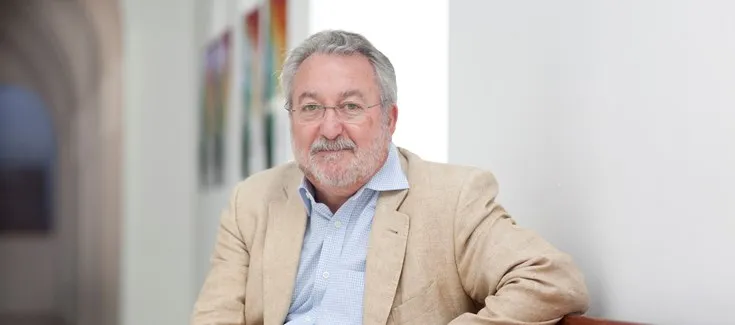The former Minister of Health and Scientist Bernat Soria has assured that although the healing of diabetes is "quite unlikely", in the coming years the diabetics "will be independent of insulin and glucose controls" and many of the complications can be avoidedtypical of this ailment.
Soria, director of the Department of Cell Therapy and Regeneration of the Andalusian Center for Molecular Biology and Regenerative Medicine, has made these statements before participating in Valencia in the Anniversary Meeting of the Quaes Foundation, where he has addressed the present and future of cell therapyapplied.
"We are much better than we could have planned ten or fifteen years ago," said Soria, who highlighted the "paradigm shift" that was produced in stem cell research by allowing approaching diseases that until now had no treatment.
The researcher explained that within a month he plans to propose the beginning of a clinical trial in minors and adolescents with type 1 diabetes to delay the development of the disease, and although he claims to have enough basis to do so, he considers that from the point of viewRegulatory is complex to authorize an essay in children under 18.
The alternative, he said, is to do it in adults or take cells of minors, prepare them, expand them and have them cryopreated for when they are over 18 years old and can apply them, since young donors cells work better than that of adults.
According to Soria, he wants to perform the trial in minors because it is in the first six or twelve months after diagnosis when stem cells can work better, since when eight or ten years have passed and diabetes is established, the chances of success are minor are minor.
He has also underlined the "excellent results" that a multicenter clinical trial is having to avoid the amputation of the diabetic foot using stem cells and in which more than a hundred patients participate, mainly of Andalusia.
In addition, he expects the authorization to perform an trial with umbilical cord cells, since they are alogenic cells from a donor with a different genetic endowment, although he has clarified that this will be performed after the one raised in minors.
In his opinion, "capital healing" of diabetes "is quite unlikely, we will not see that. What we are going to see is the chronification of the disease, the independence of insulin and glucose controls,Not having to prick insulin every day. "
"We are going to see things that are very similar to healing and avoid complications" because diabetics "do not die from the disease but because of its complications when suffering a renal, heart failure, a vascular stroke or amputation of theMembers, "he said.
access to financing
Soria has explained that after his stage as a Spanish health manager, he returned to the laboratory with the "chip that one has to generate treatments that are cost-effective and think about pharmacoeconomics, that the treatment is accessible."
"Some of the treatments I can propose are much cheaper than the cost of the process," said the researcher, although he considers that in the administration decisions in this sense "are very divided."
In countries that work better public funds subsidize the early stages of research, which generate knowledge, and then there is a stage of clinical development that demands a larger investment and we must look for models to finance it, according to Soria, who has opted forPublic-private collaboration.
Consider that Spain "competes badly" because during the crisis it reduced the budget for research when otherscountries increased it.


